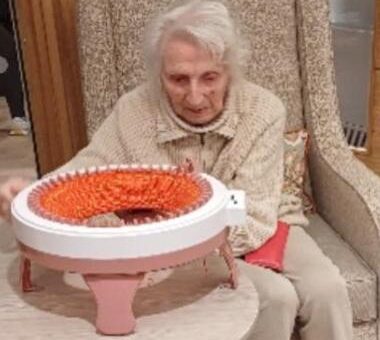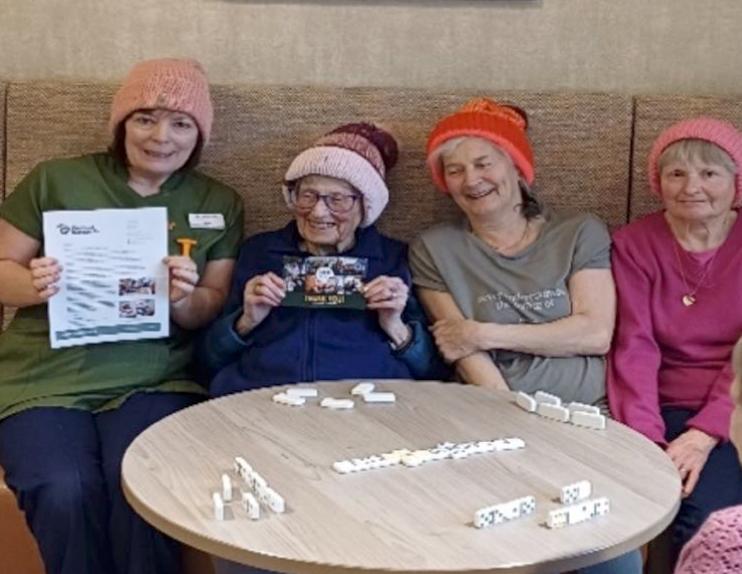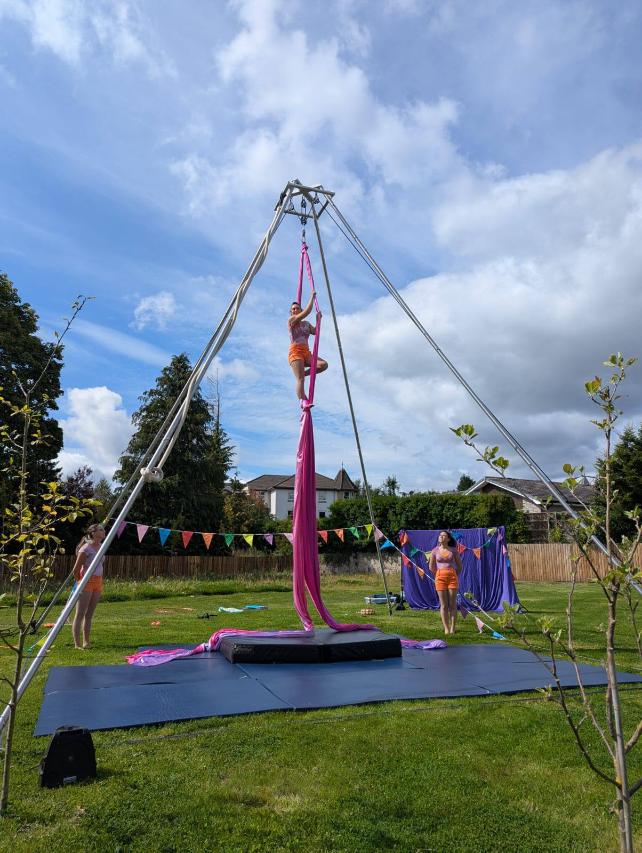The Importance Of Care Plans In A Nursing Home

What is a Care Plan?
Care plans are created for those who need support, whether it’s for daily tasks and support with medication, mental health care or 24/7 supervision with ongoing medical care. Care plans are laid out clearly to show the level of care and support an elderly person needs, how that care and support plan will be given and what are the goals and aims of the care provided, along with any other possible details.
Why are Care Plans Important?
Everyone, regardless of their care needs, will have a care plan; they’re extremely important. They help promote independence within a care home, therefore allowing them to take control of an individual’s life where needed, allowing them to continue doing the things they love and enjoy most. Additionally, it gives the individual aims, structure and achievable goals both personally and for their care. Care plans also benefit the individuals family members and friends, allowing them to gain a better understanding of the individuals care needs, health conditions and how they can help them with day to day tasks.
The care planning that goes into creating these plans are essential to ensure that the individual is consistently being provided with the right level of individualised care, ensuring their preferences and requirements are made aware of through personalised care by staff members.
Care plans are important in several other ways as well:
- They record decisions, agreed outcomes and conversations in an easy and understandable way for the individual receiving the care.
- They outline a description of the individual receiving the care, mentioning why their plan is achievable, effective and what matters most to them within their plan.
- They help make sure that all care is focused and coordinated on a specific persons health and well being needs (person centred care).
Making a Care Plan
The care team within the nursing homes will arrange a care needs assessment with you or your loved one to start the process of making a care plan. This needs assessment will look into your care requirements, support needs, mental health problems (if needed) as well as the type of care that would best suit you. This care planning process can take up to a couple of weeks and will all be written up. You will be able to have a say about what goes into your care plan, so we advise not to be hesitant about what personal wishes you wish to include for your own care, no matter how big or small.
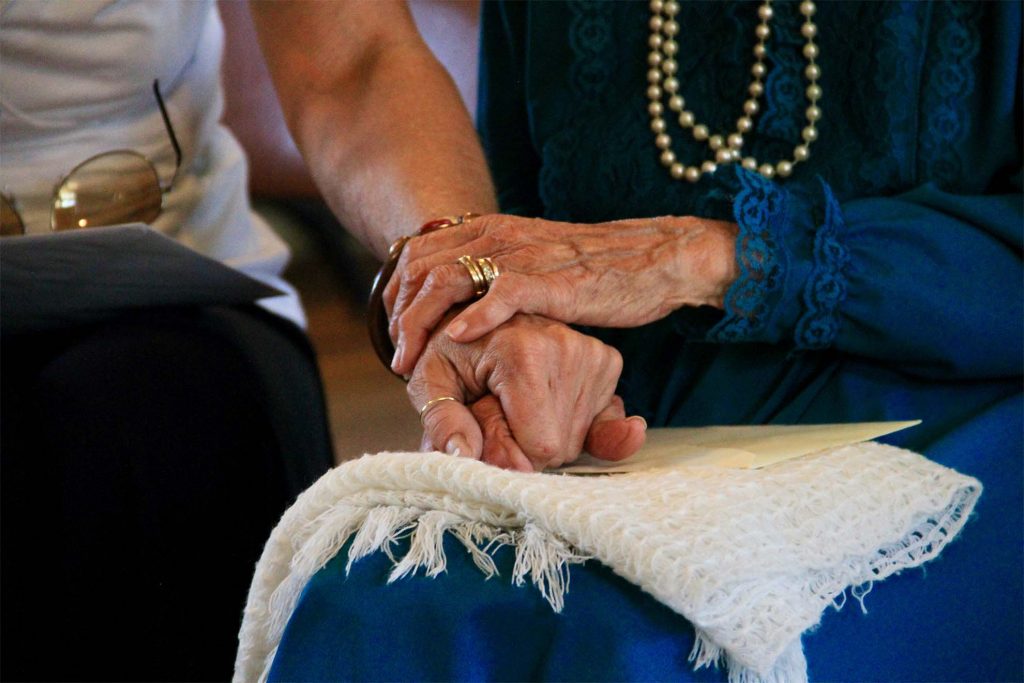

What Support Should Be Included in a Care Plan?
Care plans are specifically made for each individual and their needs, therefore no two will be the same. However, there are some common things which will be included, such as:
- A photo of the individual for easy identification
- The individuals aspirations and goals (what they will want to get out of their care)
- The individuals likes, dislikes, personal preferences and hobbies (daily routines, meals included)
- Who is paying for the care and the individuals budget, along with payment details
- Any details of life events or key dates (especially for those receiving dementia care)
- Any medical history and how much independence the individual has
- Specific medical care needs, home adaptations or equipment
- Details of emergency contacts and continuity of care
- Details of end of life care (if required - usually if the individual is receiving palliative care)
As well as including details of medication, history of any previous injuries or illnesses, a good, well thought out care plan may also include information such as the individuals employment history, family culture and religion, all to ensure carers and staff members get a full understanding of each individual.
Types of Care Plans
Individuals can also receive more specific care plans, these are usually aimed at those with specialised care needs, including nursing care or dementia care. Below you can see how each care type will differ.
Nursing Care Plans
Nursing care plans are similar to general care plans; they just contain more detailed information such as nursing interventions on medication, including any specific care needs for a certain health condition, or if any equipment is needed. Any changes to the individuals health conditions will be noted within their health records and care plans to ensure if further support is needed. It is essential to keep on top of updating care plans because staff switching between shifts, certified nursing assistants or other health professionals will need to know what’s going on, enabling them to pick up where the last carer left off, meaning nothing will be missed and desired outcomes are met.
Dementia Care Plans
It’s important for those who will be receiving dementia care to have a more personalised plan about who they are, giving carers a better understanding of the individual such as an insight on their background, life story and the best way to communicate with them. The main priority of this type of care plan is for a carer to be able to read and answer about who the individual is and what makes them tick? The plan offers a voice for someone, especially when they’re not able to provide it themself.
If the individual has Alzheimer’s, the care plan can include more on meaningful activities to ensure the individual has enjoyment and structure within their lifestyle. The care plan will take into account the following things:
- The individuals likes, dislikes, strengths, weaknesses and hobbies
- How the individual used to plan their day
- The best time for bathing, dressing and mealtimes
- Regular times set for waking up and going to bed (ideal for those who experience sundowning)
Daily Care Plans
Daily records are highly important when it comes to the long term aspect of an individual’s care, they help care staff stay on top of everyone’s care needs, especially within a care home when there could be multiple members of staff on different shifts. Care professionals will use these care plans to tailor how they approach each individual, from remembering certain foods people are allergic to, to understanding which individual would be interested in a singing class, along with staying up to date with each resident's health condition. Care plans are also there to make sure both the staff members and residents work together, to overall achieve that individuals care needs. For example, to help maintain someone’s mobility they could complete daily physio exercises. More a less every care home will update care records daily to ensure staff have the right information at all times.

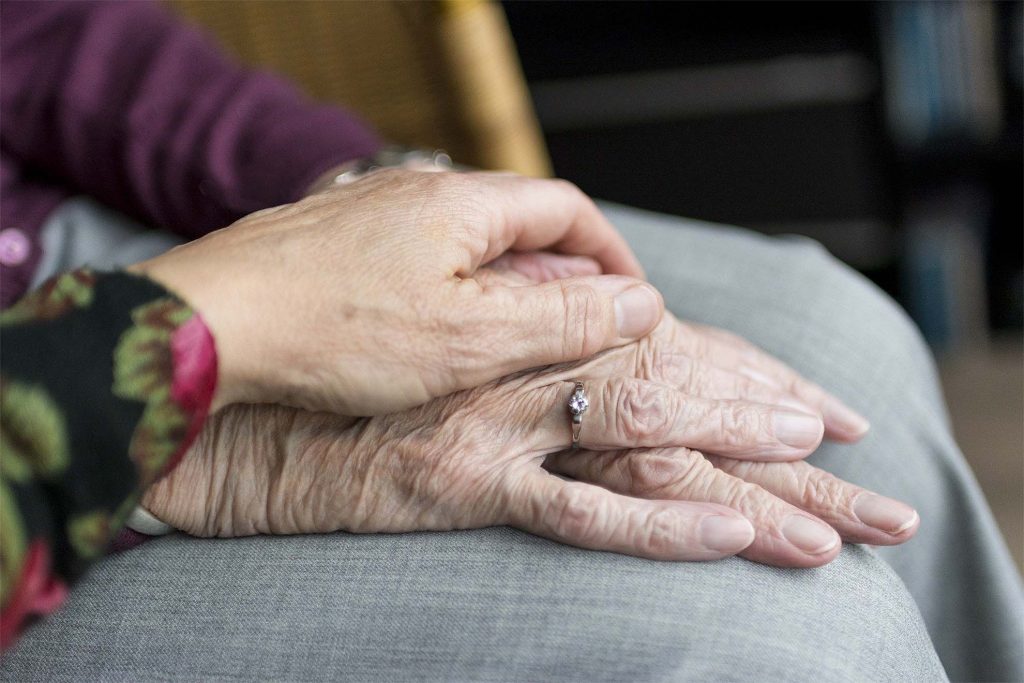

Involving the Person
When it comes to a care plan, the most crucial part is ensuring it’s created around the person in question.
If it is your care plan, we advise your opinions are heard, ensuring you have a clear understanding of what’s going on within your care. If the care plan is for your family member or friend, ensure you don’t leave them out of the conversation, involve them during every step; their wishes and needs should be prioritised to make sure they’re happy and healthy during all times. No matter their care needs (dementia, a disability or mental health problem where they lack capacity) they should always be included, from initial conversation to reviewing their ongoing care plan. If speech is not possible, facial expressions, gestures, body language and behaviours can be used to communicate. As we all know, communication is key, it can make all the difference between an individual being unhappy and having the best experience possible.
Care Plan Reviews
Do not ever stress or worry about the care plans being changed, they’re flexible and can easily be updated during any time. Once a care plan has been made for the first time, it should be reviewed regularly for three months, then after that a review at least once a year, however this isn’t set in stone. Additionally, if you feel your plan (or your loved ones) is no longer supporting needs, or personal requirements change, you can openly say what’s working and what isn’t along with any changes you’d like to make, including pursuing hobbies to a further level.
Care Within Oakbank Care Home
We understand that choosing the right care home for you for your loved one requires a lot of support and thought. The process can feel overwhelming at first both for the residents and their families, but here at Oakbank Care Home, we’re here to help, offering as much guidance and support that you may need, right from the beginning during the care assessment. From Residential Care and Respite Care, to Dementia Care, Palliative Care and Nursing Care, we’re here for you no matter what, ensuring outstanding care is delivered.
Regardless if residents want to use our amazing facilities, or just need someone to talk to, we’re here for you. We value independence and strive to make sure all residents have a choice during their time with us. Here at Oakbank Care Home in Crieff, we’re committed to making sure your experience isn’t just comfortable, but also beneficial and enjoyable. For more information on what we can provide for your or your loved one, please don’t hesitate to get in contact with us today.

